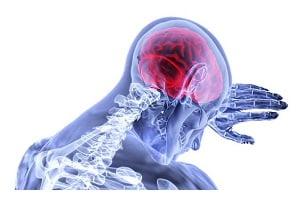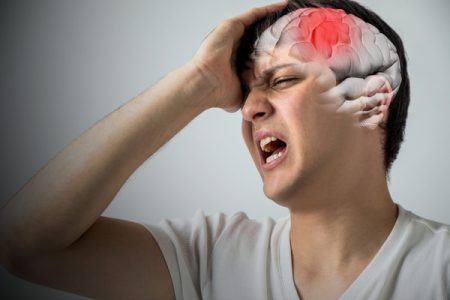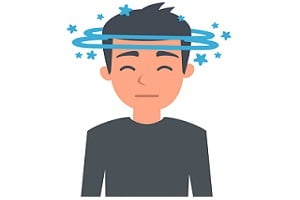Impact of Stroke on Memory and Thinking
- Updated on: Nov 10, 2020
- 3 min Read
- Published on Nov 10, 2020

A stroke is a medical state in which deprived blood flow to the brain results in cell death. Reduced blood supply to a part of the brain leads to stroke. Due to the unavailability of oxygen and other essential nutrients, brain cells begin to die. A stroke is considered a medical emergency in which immediate treatment is essential. Strokes can be prevented and treated; timely action can reduce brain damage and its promising complications.
Stroke and its Effect on Memory and Thinking
After a stroke, it is very common to have problems with memory, thinking, or understanding. However, the effects may vary from mild to severe, depending on how severe the stroke was. A stroke can affect thinking, understanding, and memory as well as physical performance. A stroke can affect various activities such as learning new skills, recognizing faces and objects, and processes such as memory and concentration. Difficulties with speech and language are also prevalent after the stroke.
Read Important Things About a Brain Stroke
How Can Stroke Affect Memory?
Memory is the capability to receive, accumulate, and retrieve information. Most people, after strokes, experience some memory loss. Others may include difficulty in thinking, making judgments, and understanding concepts. Different parts of the brain are involved in different kinds of memory. Damage caused to any of these specific areas may have the worst impact. Though every stroke is different, it was observed that short-term memory gets affected. Here are some examples of common memory problems that may arise after a stroke:
- Forgetting previous conversations.
- Struggle in keeping appointments.
- Forgetting where you have placed the things.
- Forgetting how to do daily things such as cooking, playing, etc.
- Facing trouble in remembering familiar faces.
- Problems in remembering how to notify the time, the price of various products, other numbers or sequences.
How Can Stroke Affect Attention?
The ability to concentrate on something refers to attention. People may feel enormously exhausted in the first few weeks after a stroke. People can face difficulty with concentration if the stroke affects the brain’s right side. Our attention can be drawn towards particular sights, sounds, and our thoughts or memories. Increased drowsiness hindered people’s abilities to concentrate on things like reading, using new electronic equipment. Lack of concentration could make people feel like their intelligence had decreased. Physical impairments such as hand function and walking could also feel more difficult when people are affected by the stroke. A Difficulty with attention and concentration can affect daily activities such as:
- Washing and dressing.
- Performing tasks like shopping.
- Struggling to remember things.
- Inability to concentrate.
- Walking, reading, and making decisions.
Read About:
How Do You Spot a Stroke Quickly in a Patient?
What to Do if You See Someone Getting a Stroke?
What Help Is Available to Reduce the Impact of the Stroke?
Some problems arise due to stroke may get better with time. However, certain problems may last longer. No two strokes are the same; thus, it is very difficult to predict how much recovery can be made. There is no complete cure to reduce the effect of the stroke. However, healthcare professionals might help with the cognitive effects of the stroke. Following tests are available to assess the cognition after the stroke, such as:
- Montreal Cognitive Assessment (MoCA)
- Mini-Mental State Examination (MMSE).
The healthcare provider may help a person affected with a stroke in the following ways:
- Making them capable of performing daily activities such as getting dressed or making a cup of tea.
- Providing certain types of equipment to overcome memory problems.
Speech and language therapists may also be involved if a person has difficulty with communication. These therapists focus on things a person with a stroke can do to build up memory and concentration power. They also help in minimizing emotional changes and tiredness among the patients.












